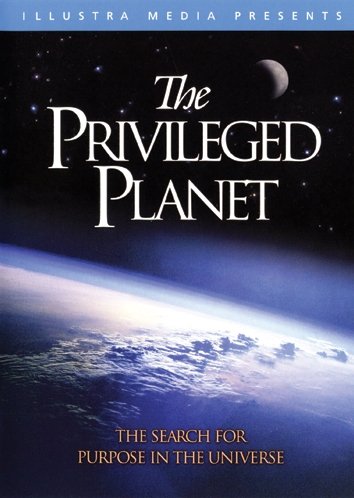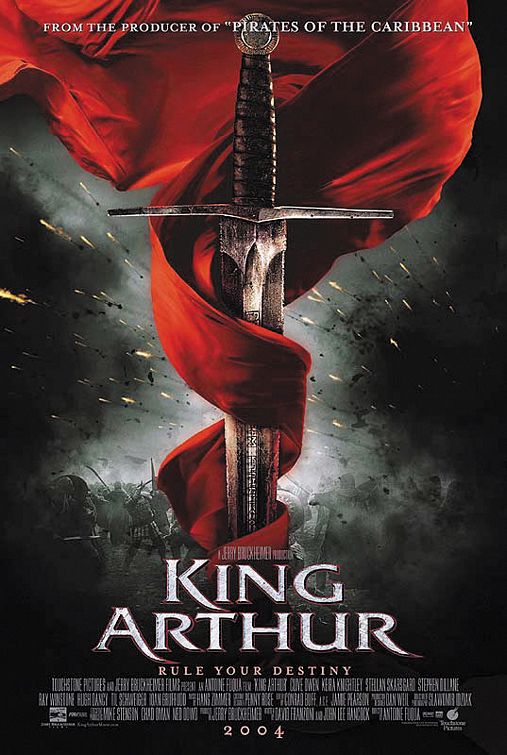“Hodgepodge History”

| None | Light | Moderate | Heavy | |
|---|---|---|---|---|
| Language | ||||
| Violence | ||||
| Sex | ||||
| Nudity |
What You Need To Know:
The strong point of KING ARTHUR is the battle scenes, but they borrow too heavily from other movies and are so hectic that the audience loses track of the action. Furthermore, the characters are not well defined enough, so the audience doesn’t care about them. The acting is serviceable but not great. Finally, although there is a moral theme and some positive Christian content, the movie ultimately has a strong pagan worldview that bashes church officials and favors Pelagianism, an early Christian heresy that says you can work your way to heaven, a viewpoint which contradicts the Bible and Jesus Christ’s teachings.
Content:
(PaPa, B, ABAB, RH, FRFR, CC, LL, VV, S, N, A) Ultimately pagan worldview with moral theme, some strong revisionist bashing of the early Christian church leaders, pro-heretical content favoring Pelagianism, and some good pro-Christian content; 16 obscenities; battlefield violence, stabbings, clubbings, burnings, beatings, attempted rape, starvations, and torture, but not a lot of blood; one scene of fornication and references to sexual activity; upper male and upper female nudity during sex scene, but breasts are not shown; drinking; no smoking; and, deceit, cruelty, and kidnapping.
GENRE: Action/Drama
More Detail:
Most movies about King Arthur are set in the middle ages with chivalry and Christian themes clearly presented. This movie pushes the story back to the person who might be the historical antecedent to Arthur, Artorius, a Roman commander in Britain in the fifth century A.D. His knights are actually mounted warriors from a people that the Romans conquered on the steps of Russia called the Sarmatians. The movie opens when the Sarmatians and Arthur are just to receive their freedom after 15 years of required service in the Roman army.
Bishop Germanius is coming to give them their certificates of freedom. They rescue Bishop Germanius from an attack by the Picts. Instead of giving them their freedom, he sends them on another quest, to save a high Roman official’s son, who is a favorite of the Pope. This segment of the movie is very anti-Christian as the official is shown torturing pagan Picts (even women and children) to bring them to Christ, and Arthur believes in a heretical form of Christianity, Pelagianism. During this rescue mission, they find out that the Saxons are attempting to conquer England and have landed thousands of warriors. The Pict leader, Merlin, who is not magical in this version, realizes that the Picts must side with the Romans to survive. Thus, a battle between the Saxons and the few Roman knights, with the Picts coming to the aid of the Romans, ensues.
The strongpoint of this movie is the battle scenes, but even so they suffer in two ways: they borrow heavily from movies like BRAVEHEART, THE PATRIOT, and THE LAST SAMURAI – almost self-consciously – and they become so hectic that the audience loses track of the action. Furthermore, the characters are not well defined enough, so the audience doesn’t care about them.
The acting is serviceable but not great. Keira Knightley as Guinevere comes off like a tomboy with extraordinary fighting powers. Ioan Gruffudd as Lancelot comes off as weak although he is supposed to be a great fighter. However, he does ask the right questions.
The movie seems to be making several points. One, that the orthodox Catholic Church was mean and horrible. Two, that the Pelagians were right. Three, that libertarian paganism was better than Christianity. And, four, that the Romans were a blight, whereas the post-Roman paganism was a better life.
Even with regard to these points, the movie contradicts itself. If the post-Roman paganism is better, why are the pagan Saxons a threat rather than a more successful form of paganism? Furthermore, the knights that the movie extols existed to sustain a class system, not to dissolve a class system and grant freedom to the serfs. Also, Pelagianism was and is elitist in saying that the people who are wise enough to choose to be good can be accepted into the kingdom of God, rather than the orthodox view that God’s grace saves the lost regardless of their station in life or their intellectual abilities. Pelagianism suggests that the better man or woman gains eternal life in heaven, and even worse that God is not sovereign, but subject to the will of man, who becomes as God in his ability to choose salvation for himself and by himself. Finally, the evils attributed to the church did not occur at that time in history, and generally it was the Christians who were being tortured, not the other way around.
Jerry Bruckheimer is a great producer who tries to bring America popular entertainment. He believes in faith and values, but this time he brought us a movie that tries to be all things to all people, and winds up being nothing to anyone. Our recommendation is to see FIRST KNIGHT and enjoy Sean Connery’s performance in that redemptive movie about the knights of the round table.


 - Content:
- Content: 




